English
Obserwator Finansowy features views and analysis of economy in Poland and other countries, written by some of the best journalists, economists and analysts. Our mission is to share knowledge of economics and financial markets in the world.
Obserwator Finansowy is a project under aegis of the Poland’s central bank, Narodowy Bank Polski. We have published thousands of articles about the Polish and global economy. Our journalists have conducted hundreds of interviews with Nobel laureates, distinguished economists, business leaders and politicians with views across the political spectrum.
In this section you can find selected articles in English.
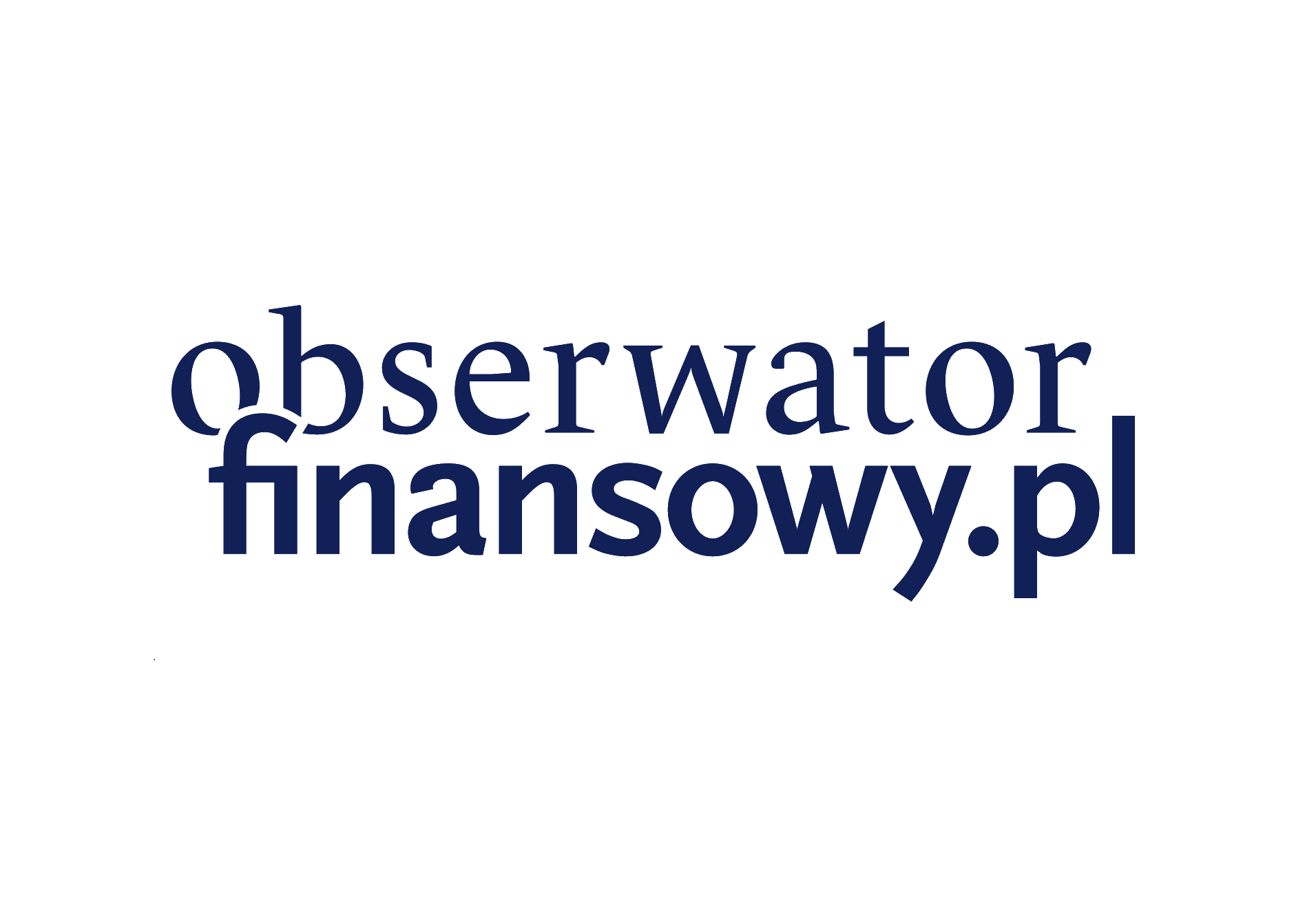
Slovakia’s Fico faces problems after losing the presidential election
Jan CieńskiSlovak prime minister Robert Fico emerged from last month's presidential elections a bruised and battered political figure – but his loss at the hands of novice politician Andrej Kiska is unlikely to have much of an impact...
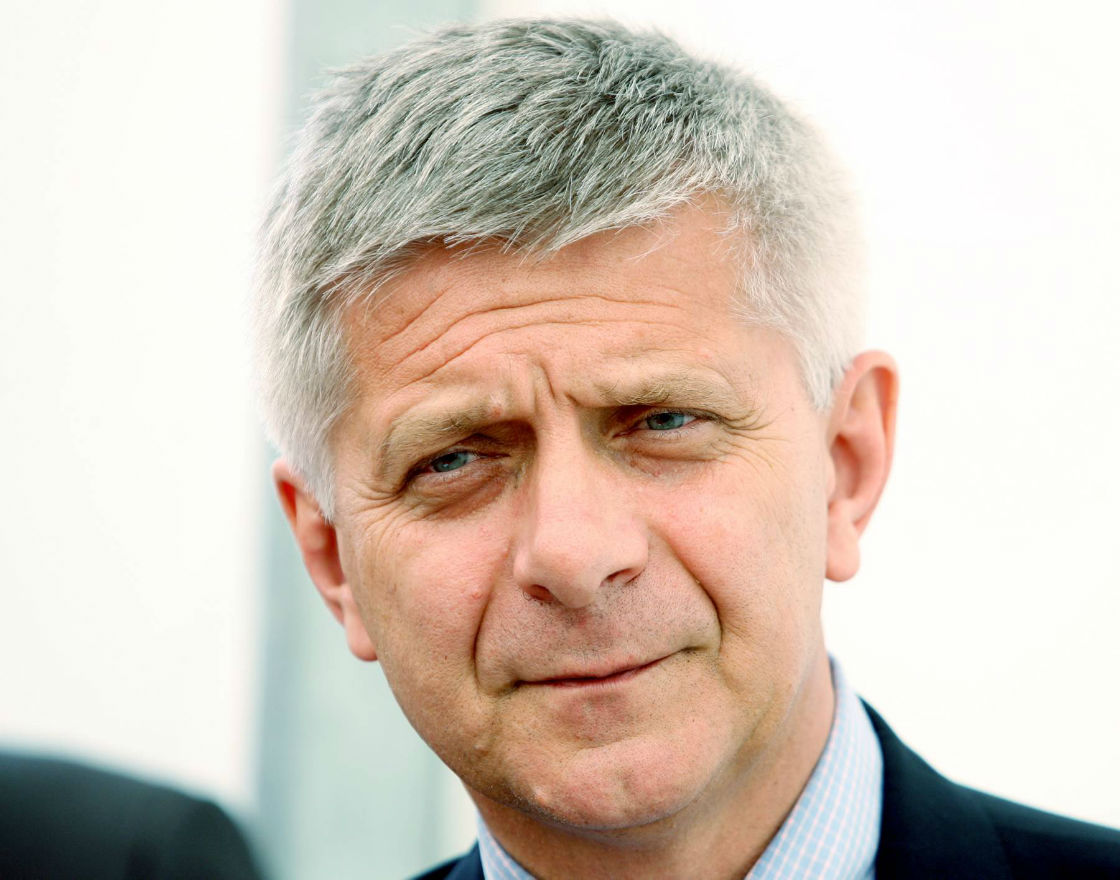
Belka: Economies need strong foundations
Krzysztof BieńAccording to the latest NBP inflation report, economic growth will gradually accelerate without the risk of rising prices. This will allow interest rates to remain stable. The Ukrainian crisis will not impact negatively on...

NBP Economic Institute: Economic growth gathers pace, but not inflation
Obserwator FinansowyGDP growth of 3.6 per cent this year and similar results in subsequent years, with low inflation and an improvement in the labor market – this is the scenario predicted in March 2014 by the NBP’s Economic Institute. We...
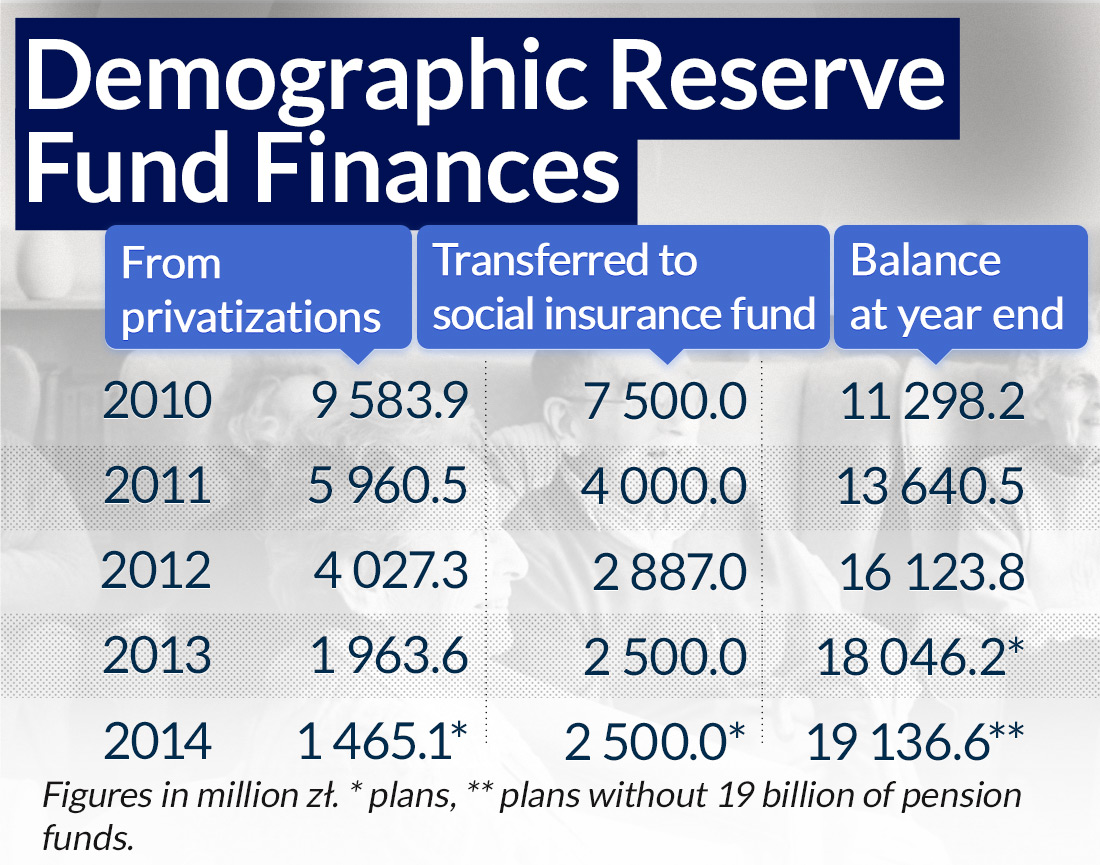
There will be no demographic reserve until the budget is balanced
Aleksandra FandrejewskaThe number of children and youth is for the first time the same as the number of pensioners in Poland. Both groups were 7 million strong in December 2013, according the preliminary reports of Poland’s Central Statistics...
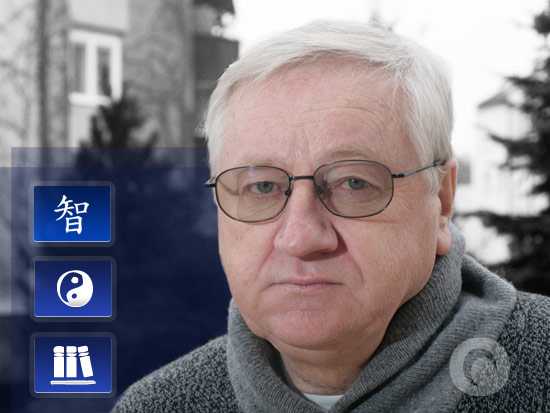
The European Union: are we headed for federation or fragmentation?
Bogdan GóralczykThe cohesion of the European Union is constantly called into question. Its consolidation is not a foregone conclusion. The longer the crisis lasts the more probable a drift towards division.

Poland’s Eurozone Tests
Marek BelkaThe European Union’s new member states from Central and Eastern Europe are required to join the eurozone as part of their accession agreements. But deciding when to adopt the euro is a matter of heated debate. It is not...

Certain and uncertain investments in the infrastructure
Marek PielachRoads, railways and drilling for shale gas are almost certain infrastructure investments for the coming years. Although yesterday the government adopted a nuclear power program, large investments in the power industry, in...
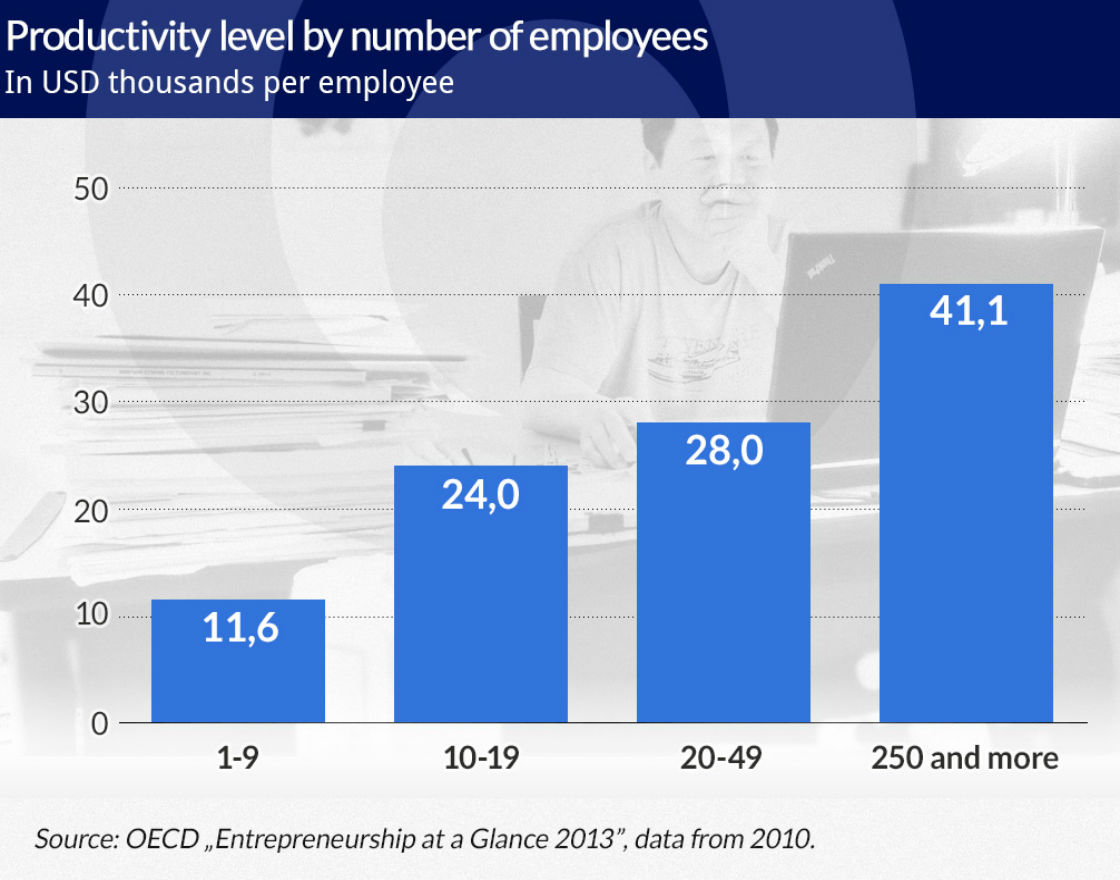
Prosperity is difficult without national champions
Aleksander PińskiAccording to a recent OECD report entitled “Entrepreneurship at a Glance 2013,” prosperity is difficult without massive, globally competitive companies. The statement is another pebble in Jan Krzysztof Bielecki’s rock...
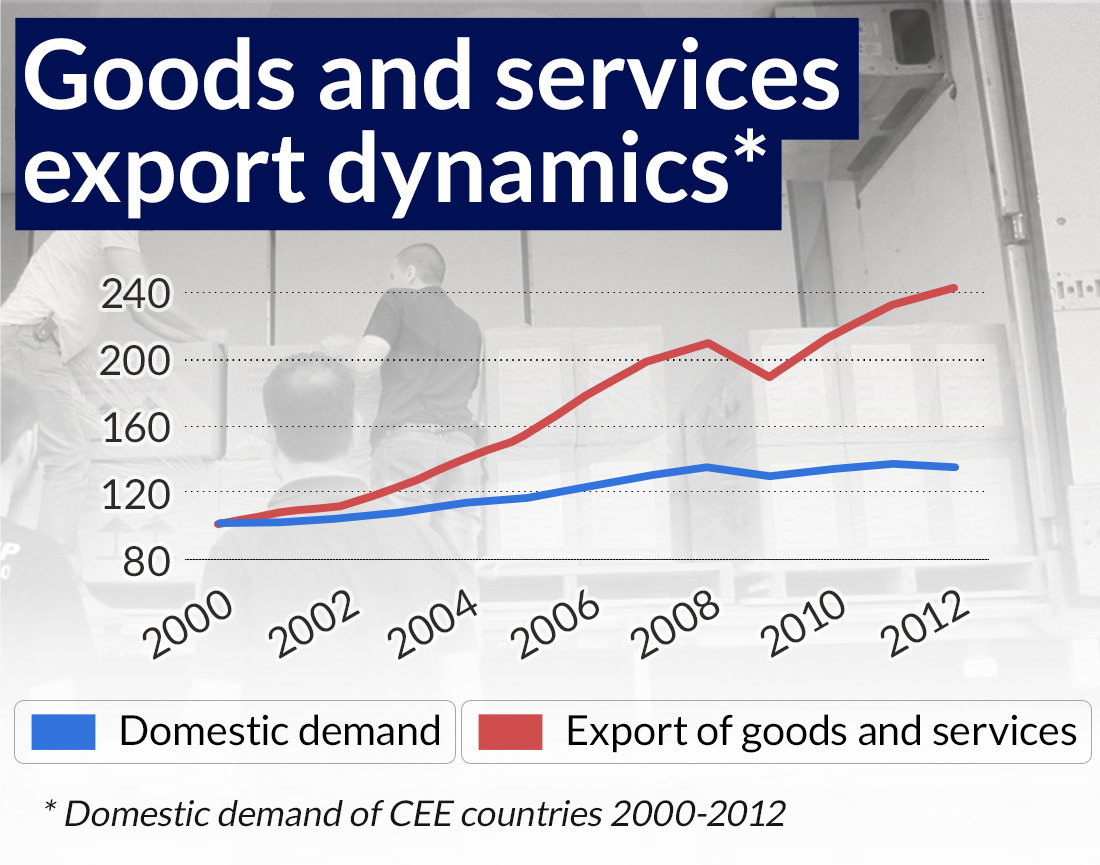
For higher-priced exports Poland needs an industrial policy
Marek PielachWe specialize in cheaper and lower quality products than Germany because that is our role in the supply chain of multinational corporations. As a result, our exports did not collapse during the crisis in Europe, however the...

Poland’s economy become systemically important
Witold GadomskiFour new countries, among them Poland, will be audited as part of the IMF’s Financial Sector Assessment Program (FSAP). The program assesses financial systems in countries where a crisis would have a significant impact on...
